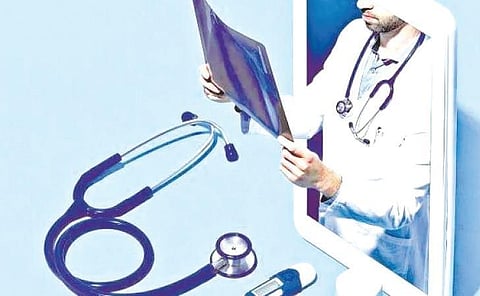

BENGALURU: The uneven distribution of medical staff and primary health centres (PHC) has resulted in a deficit of medical professionals across 30 districts in Karnataka. The state suffers from a shortfall of around 16,500 employees, a recently released report stated.
Bengaluru Urban, Belagavi, Mysuru, Tumakuru, Hassan and Mandya contribute to 39.1 per cent of the nursing personnel shortage. The Federation of Indian Chambers of Commerce and Industry (FICCI) report released in September 2023, which stressed on the need to address it, is a joint initiative with the state government. It provided 260 suggestions across sectors like healthcare, agriculture, mining, tourism, education, rural and urban development to accelerate growth in alignment with the state’s $1 trillion economy mission.
Along with medical personnel, the report highlighted a shortage of PHCs across Karnataka with 454 centres (245 urban and 209 rural centres) in deficit. The report noted that while there is medical infrastructure available in urban areas, rural areas continue to face shortages and need better access to primary, secondary and tertiary facilities. Additionally, 1,60,000 beds may be required to provide health cover under the Ayushman Bharat - National Health Protection Mission (AB-NHPM).
Dr BL Sujatha Rathod, Director, of Medical Education, explained that most institutions only end up recruiting for minimum-sanctioned posts according to the National Medical Council’s (NMC) standards. However, positions remain vacant, as the ones required to cater to the added patient load are not sanctioned. “The recruited medical personnel often end up working for longer hours due to staff shortage affecting their mental health and quality of work,” Rathod said.
In many rural districts, citizens continue to travel long distances to access basic healthcare needs. The FICCI report recommended setting up of 500-bed multidisciplinary hospitals which will also attract medical personnel to work in small towns instead of migrating to big cities.
The state must focus on achieving universal health coverage, creating a preventive healthcare system, addressing the medical staff deficit, building adequate infrastructure and ensuring proper execution of all initiatives, experts have suggested. Rathod also recommended that multiple gaps in the healthcare system need to be filled and increased budget allocation can be utilised in human resources and improving medical infrastructure with the latest technology.